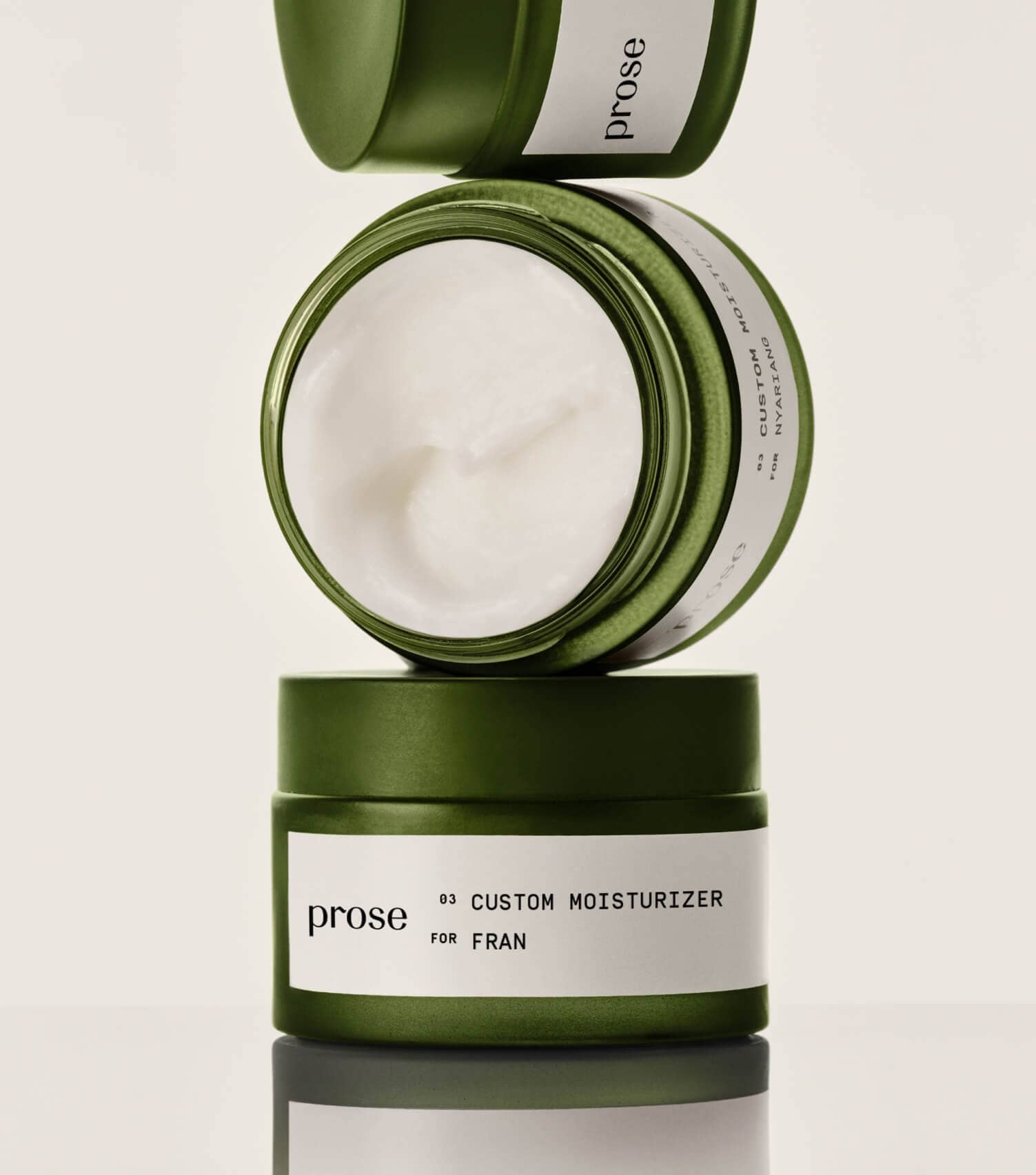0818 Work Insights
Your go-to source for the latest work trends, tips, and advice.
Moisturizer Mysteries Unraveled
Unlock the secrets of moisturizers! Discover the truth behind hydration myths and find your perfect skin solution in our ultimate guide.
The Science Behind Moisturizers: How Do They Work?
Moisturizers play a crucial role in maintaining skin health by leveraging a blend of various ingredients designed to hydrate and protect the skin barrier. The primary mechanism through which moisturizers operate is through three key actions: humectants, emollients, and occlusives. Humectants, such as glycerin and hyaluronic acid, draw moisture from the environment and bind it to the skin, ensuring hydration. Emollients smooth the skin's surface, filling in gaps between skin cells, while occlusives like petrolatum and dimethicone form a protective layer that locks in moisture, preventing transepidermal water loss.
Each of these components works in synergy to provide optimal hydration and protect against environmental stressors. For instance, when you apply a moisturizer, the humectants begin to attract moisture from the air. Simultaneously, emollients smooth and soften the skin, making it appear plump and healthy. The occlusive agents then seal in this hydration, creating a balanced and effective moisture barrier. Understanding the science behind these products can help consumers make informed choices, allowing them to select moisturizers tailored to their specific skin types and needs.

Moisturizer Myths Debunked: What You Really Need to Know
Moisturizer myths abound in the beauty industry, often leading consumers to make misguided choices. One popular misconception is that oily skin does not require moisturizer. In reality, all skin types benefit from hydration. The key is to choose a product formulated for your specific skin type. For instance, gel-based moisturizers can provide moisture without clogging pores for oily skin, while cream-based options are ideal for drier complexions. Remember, moisturizing is essential for maintaining skin elasticity and preventing premature aging.
Another common myth is that thicker moisturizers are always better. This is not necessarily true; the effectiveness of a moisturizer depends on its ingredients rather than its texture. Ingredients such as hyaluronic acid, glycerin, and ceramides are what truly nourish the skin. It's important to read the label and understand what you are applying to your skin, rather than relying solely on product consistency. By debunking these moisturizer myths, you can make informed decisions and adopt a routine that truly meets your skin's needs.
Finding the Right Moisturizer: Tips for Every Skin Type
Choosing the right moisturizer is crucial for maintaining healthy skin, as different skin types require different formulations. Oily skin typically benefits from lightweight, oil-free gel moisturizers that hydrate without adding extra shine. For dry skin, look for richer creams or ointments that contain ingredients like hyaluronic acid or glycerin, which help to lock in moisture. If you have combination skin, opt for a balanced moisturizer that can provide hydration without overwhelming the oily areas. Additionally, individuals with sensitive skin should prioritize gentle formulas that are fragrance-free and hypoallergenic to avoid irritation.
When searching for the perfect moisturizer, consider conducting a patch test before fully incorporating a new product into your routine. This method involves applying a small amount of the moisturizer to a discreet area of your skin and observing for any adverse reactions over 24 hours. Remember to adjust your moisturizer based on seasonal changes; you might need a heavier cream during the colder months and a lighter lotion in the summer. Ultimately, finding the right moisturizer involves understanding your unique skin’s needs and experimenting with different products to discover what works best for you.